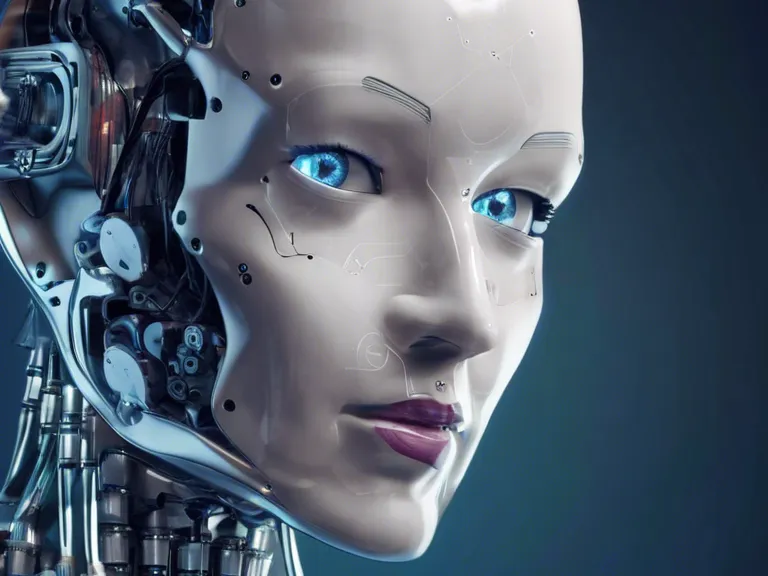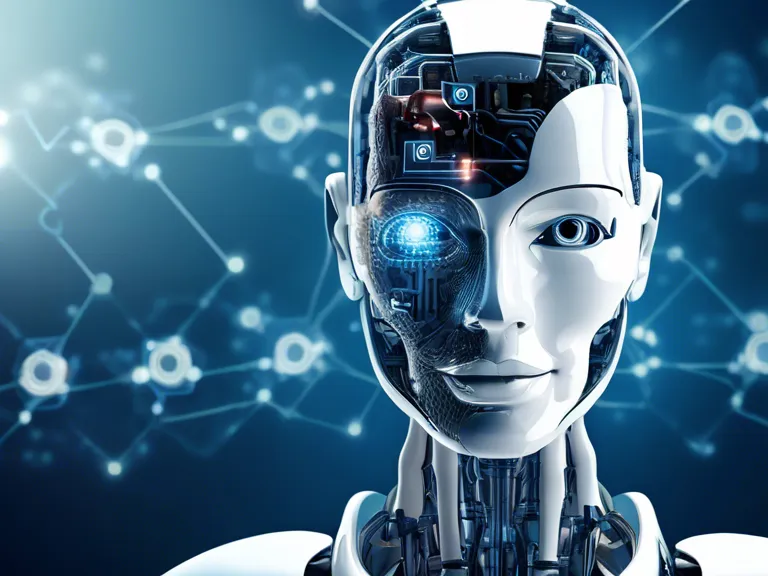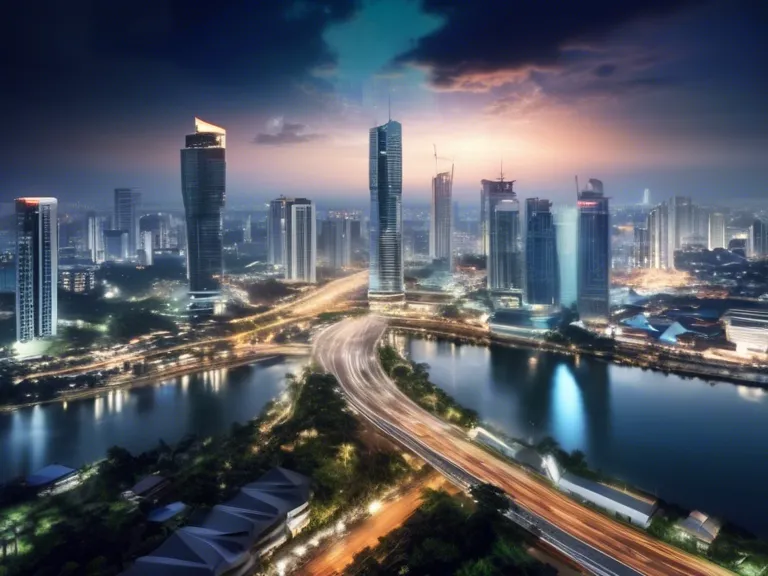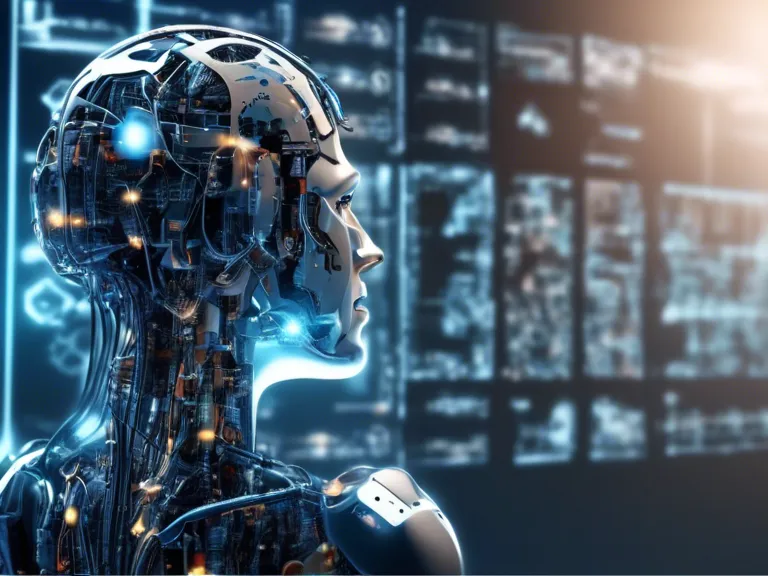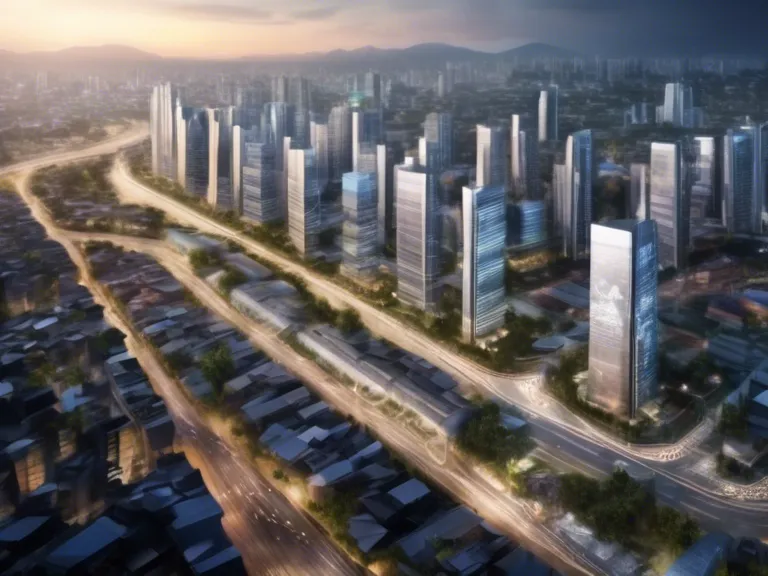
Artificial intelligence (AI) is revolutionizing urban development in Indonesia's new capital, creating a blueprint for smart and sustainable cities of the future. As the country embarks on this ambitious project, AI technologies are playing a crucial role in shaping the urban landscape and driving innovation in various sectors.
AI in Urban Planning
AI is being used to analyze vast amounts of data and optimize urban planning in Indonesia's new capital. By leveraging AI algorithms, city planners can make data-driven decisions that enhance efficiency, sustainability, and livability. AI-powered simulations can predict traffic patterns, optimize energy consumption, and even simulate the impact of new infrastructure projects on the environment. This enables planners to design a city that is not only smart but also resilient to future challenges.
Smart Infrastructure and Connectivity
AI is also transforming the way infrastructure is designed, built, and managed in the new capital. Smart technologies powered by AI can monitor the condition of bridges, roads, and buildings in real-time, predicting maintenance needs and optimizing resources. AI-driven sensors and IoT devices can enhance connectivity and provide valuable insights into urban mobility, public services, and environmental quality. This interconnected infrastructure lays the foundation for a truly smart city experience.
Sustainable Development
Sustainability is a key focus of Indonesia's new capital, and AI is instrumental in achieving this goal. By analyzing data on energy consumption, waste management, and environmental impact, AI systems can optimize resource usage and reduce carbon footprint. AI-powered solutions for water management, renewable energy integration, and urban agriculture can contribute to a more sustainable and eco-friendly urban environment.
Enhancing Quality of Life
AI technologies are not only reshaping the physical aspects of the new capital but also enhancing the quality of life for its residents. Smart healthcare systems powered by AI can improve access to medical services, streamline patient care, and enable early disease detection. AI-driven education platforms can personalize learning experiences, adapt to individual student needs, and enhance educational outcomes. By integrating AI into various aspects of urban life, Indonesia's new capital aims to create a thriving and inclusive community.
Conclusion
The AI revolution in urban development is transforming Indonesia's new capital into a model for smart and sustainable cities. By harnessing the power of AI in urban planning, infrastructure development, sustainability initiatives, and quality of life enhancements, the new capital is poised to set new standards for urban innovation. As other cities around the world look to adopt AI technologies in their development projects, Indonesia's new capital serves as a beacon of inspiration for the future of urban living.
